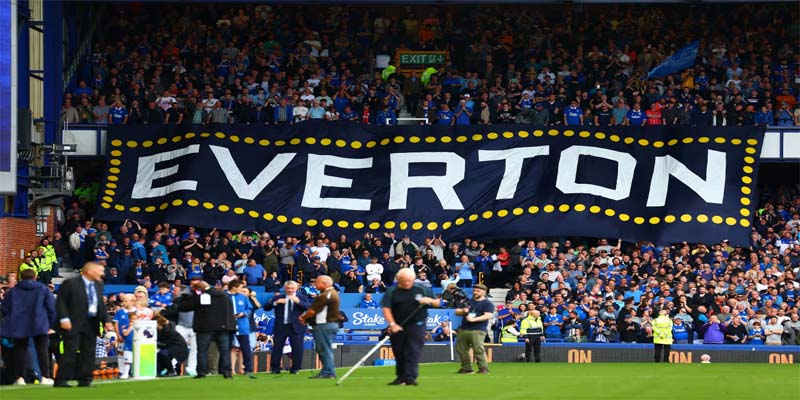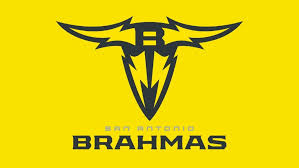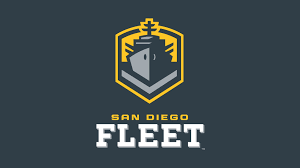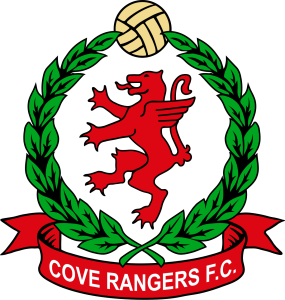
Everton Football Club: History, Achievements, and Future Prospects
The Everton Football Club has long been a prominent fixture in English football, drawing fans from all over the world. Established in 1878, this club has not only showcased immense talent on the pitch but has also cultivated an enduring relationship with its supporters. The narrative of the Everton Football Club is one that combines rich history, remarkable achievements, and a commitment to progress within the highly competitive landscape of the Premier League.
Introduction to Everton Football Club
Understanding the journey of the Everton Football Club involves delving into its historical roots, significant accomplishments throughout the years, and the recent renaissance it has embarked upon. As we unfold the story of Everton, we will explore how their success can be attributed to a blend of tradition, community ties, and strategic vision.
History and Development of the Club
Founded during the late 19th century, the Everton Football Club holds the distinction of being one of the oldest clubs in England. Initially established as St. Domingo’s FC to cater to the local Methodist community, the club underwent a transformation in 1878, adopting the name Everton Football Club. The early years were marked by challenges including limited facilities and fierce competition, yet the ambitions of players and management drove the club toward the eventual formation of the Football League in 1888.
As time progressed, Everton quickly rose through the ranks, gaining notoriety for its engaging style of play and strong team spirit. The club settled at Goodison Park in 1892, which became its permanent home and remains one of the most iconic stadiums in the country today. This venue not only offered a place for Everton to showcase their talent but also became a gathering point for passionate supporters who would cheer the team through highs and lows.
Over the decades, Everton Football Club built a reputation for nurturing talent, producing notable players who would go on to achieve greatness both at the club level and internationally. Stars like Dixie Dean, who scored an astounding number of goals in the 1920s, set the standard for future generations. The club’s ethos, emphasizing community involvement and youth development, laid the foundation for what would become a dynamic footballing institution.
Key Achievements in the Club’s History
The legacy of the Everton Football Club is punctuated by numerous accolades and milestones that reflect its storied past. The club’s trophy cabinet is adorned with various prestigious titles, including multiple league championships and FA Cups. One cannot discuss Everton without mentioning their triumphs in the Football League—the very competition they helped to establish.
Among the numerous accolades, the club has won the First Division title on several occasions, claiming their first trophy in 1891. These victories have solidified their position among England’s elite footballing institutions. Notably, the club achieved remarkable success in the 1980s under manager Howard Kendall, securing back-to-back league titles along with the FA Cup and European accolades.
These historic moments resonate deeply with fans, fostering a sense of pride and belonging that extends beyond mere statistics. Each trophy represents not just success, but the culmination of hard work, dedication, and unyielding support from the Evertonian community. The stories behind these triumphs are woven into the fabric of the club itself, creating lasting legacies and inspiring future generations.
Progress and Improvements in Recent Years
In the last decade, the Everton Football Club has faced both challenges and opportunities that have shaped its present and future. The club witnessed fluctuating performances in the Premier League, which prompted management to rethink strategies and invest in talents that align with their ambitious goals. The move towards modernizing the approach—both on and off the pitch—has shown great promise.
One of the notable aspects of Everton’s progress is its commitment to enhancing the infrastructure surrounding the club. The new Bramley-Moore Dock stadium project is a testament to the forward-thinking vision of the club’s leadership. This initiative aims to create a state-of-the-art facility that not only embodies the spirit of Everton but also reinforces its position in the ever-evolving landscape of football.
Moreover, Everton has placed a renewed focus on player scouting and development. By investing in youth academies and scouting networks, the club hopes to cultivate homegrown talent capable of competing at the highest level. Such initiatives not only boost the squad but also enhance the club’s financial sustainability by reducing reliance on external signings.
Through these progressive steps, Everton Football Club is laying the groundwork for a bright future—one that honors the heritage while ambitiously embracing innovation and excellence.
Conclusion
The Everton Football Club is much more than a sporting institution; it embodies a rich tapestry of history, achievement, and unwavering connection to its fans. Through resilient adaptation and commitment to progress, the club continues to uncover the secrets behind its success, proving that its legacy is far from finished.





